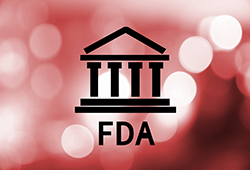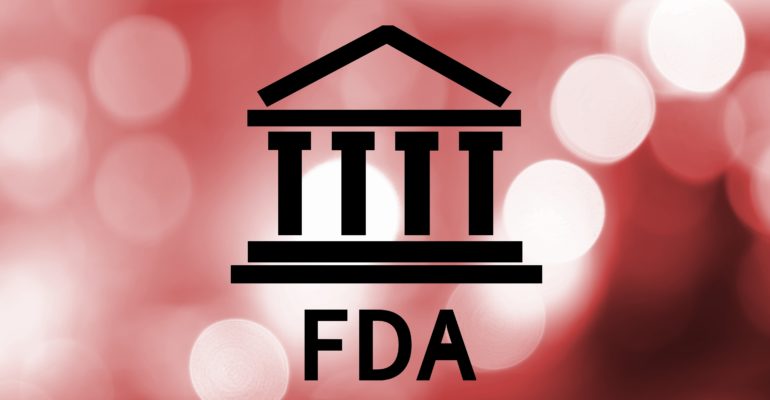 For certain drugs with serious risks, the FDA may require drug developers to submit a Risk Evaluation and Mitigation Strategy (REMS) to ensure that the benefits of a drug or biologic outweigh its risks. For an overview on REMS click here. We have previously reported that FDA received numerous inquiries from generic pharmaceutical companies regarding the effects that REMS was having on developing generic drugs.
For certain drugs with serious risks, the FDA may require drug developers to submit a Risk Evaluation and Mitigation Strategy (REMS) to ensure that the benefits of a drug or biologic outweigh its risks. For an overview on REMS click here. We have previously reported that FDA received numerous inquiries from generic pharmaceutical companies regarding the effects that REMS was having on developing generic drugs.
Yesterday, FDA commissioner Scott Gottlieb issued a statement on “new policies to reduce the ability of brand drug makers to use REMS programs as a way to block timely generic drug entry, helping promote competition and access.” According to the statement, the REMS program is currently allowing brand companies to delay generic entry in two ways. First, brand companies may use REMS as a way to restrict sales of their drug, thus preventing generic companies from obtaining enough samples to run bioequivalence testing. Second, for a drug with REMS requirements, generic companies must negotiate with brand companies to develop a single shared REMS program. These negotiations can be lengthy, delaying the entry of the generic drugs or biosimilars to market. In order to attempt to remedy this second point, two draft guidances regarding the REMS requirements accompanied the statement.
The first draft guidance, entitled “Development of a Shared System REMS,” describes general principles and recommendations to assist sponsors in developing shared REMS programs, in order to facilitate negotiations between brand and generic companies.
The second draft guidance, entitled “Waivers of the Single, Shared System REMS Requirement,” describes when and how the FDA will consider waiving the single, shared system requirement, and how generic applicants can request a waiver. FDA may waive the requirement of a shared REMS in two situations: (1) where the burden of forming a single shared system outweighs the benefits of having one, or (2) where an aspect of the REMS is covered by a patent or is a trade secret and the generic applicant certifies that it sought a license for use of that aspect and was unable to obtain one. The waiver may be requested at any time, or granted by FDA on its own initiative.

